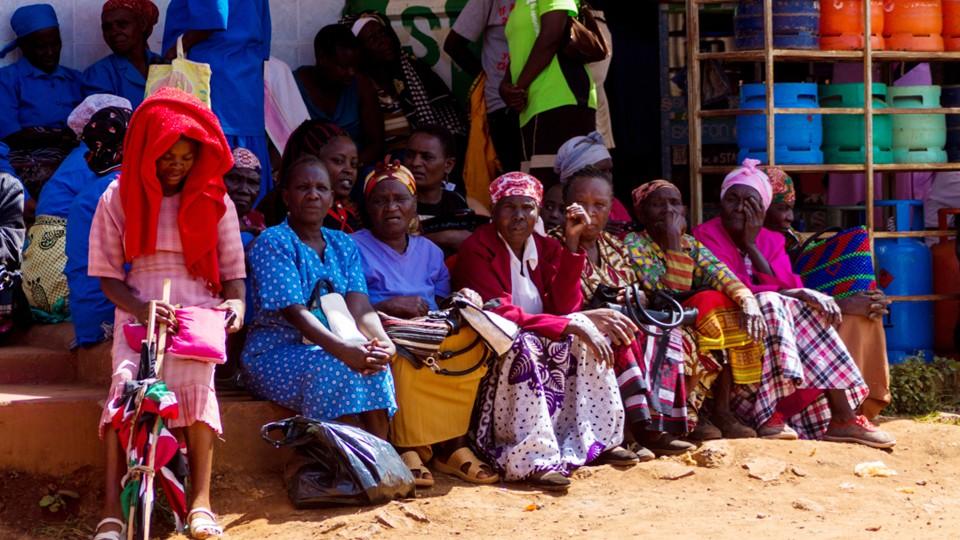Lilly’s wait for breast cancer data will help rivals

A phase 3 trial of Lilly’s breast cancer candidate abemaciclib will not be stopped early, handing an advantage to its rivals Pfizer and Novartis.
Abemaciclib is in the same CDK 4/6 inhibitor class as Pfizer’s Ibrance, which is already on the market, and Novartis’ LEE011 (ribociclib), which has completed phase 3 and just gained FDA breakthrough status.
The independent Data Monitoring Committee (DMC) on the MONARCH 2 trial of abemaciclib has recommended continuing the study, because the interim efficacy criteria needed to stop the trial early were not met.
The MONARCH 2, Phase 3 trial compares abemaciclib plus fulvestrant versus placebo with fulvestrant in women with hormone-receptor-positive (HR+), human epidermal growth factor receptor 2-negative (HER2-) locally advanced or metastatic breast cancer.
Now the trial will take until the first half of 2017 to be completed, with approval no earlier than 2018. This delay will give Pfizer and Novartis a head start in the field, which could make it impossible for Lilly to catch up.
Ibrance is already set for $1 billion + sales this year, despite only being launched in 2015, making it the product to beat.
The LEE011 trial had been stopped early because of clear superiority to chemotherapy in women with (HR+), (HER2-) locally advanced or metastatic breast cancer, and Lilly had hoped for the same for its drug.
The news is a setback for the company, which is just emerging from a long spell of late stage R&D failures, and still needs a new group of products to provide growth.
Abemaciclib has had FDA breakthrough status since last year, but this will be of little help to Lilly if Pfizer and Novartis are able to carve up the market before its product reaches patients.











